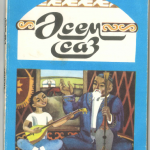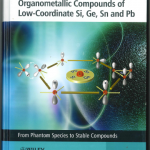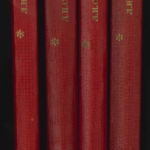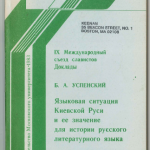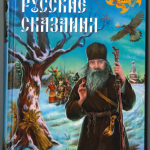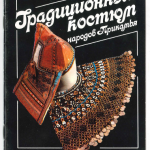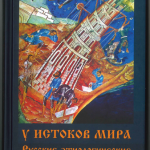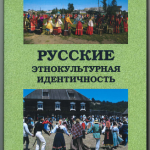Sobranie sochineniĭ. V 4-kh t. [Vstupit. slovo I. Andronikova. Predisl. E. Starikovoĭ. Podgot. teksta i tekstol. primech. L. Smirnovoĭ. Primech. V. Zemskova]. (OCLC #2973358)
I don’t really know much Russian (though I have recently started the Duolingo course) but my bibliographic knowledge of the language gets me quite far in copy cataloging. This includes recognizing phrases like “Собрание сочинений” (“Sobranie sochineniĭ” = “collected works”) and guessing which words that appear on the piece are likely to be present, not present, or abbreviated in the record.
Recognizing this set as a complete works, I started my search using the year of the first volume (1968), and the author’s name (Romanized, as most older records do not include Cyrillic). This narrowed my search results down to ten OCLC records from which I was able to quickly recognize a good DLC record for a four-volume complete works.
I avoided searching for the title directly; “Sobranie sochinenii” was likely to appear, but I have sometimes seen titles translating to “complete works” omitted from 245, the idea covered by a 240 “Works”. The remainder of what could be the title, “в четырех томах” = “in four volumes” is present in this record’s 245ǂb but abbreviated, so would not have resulted in a successful search.
